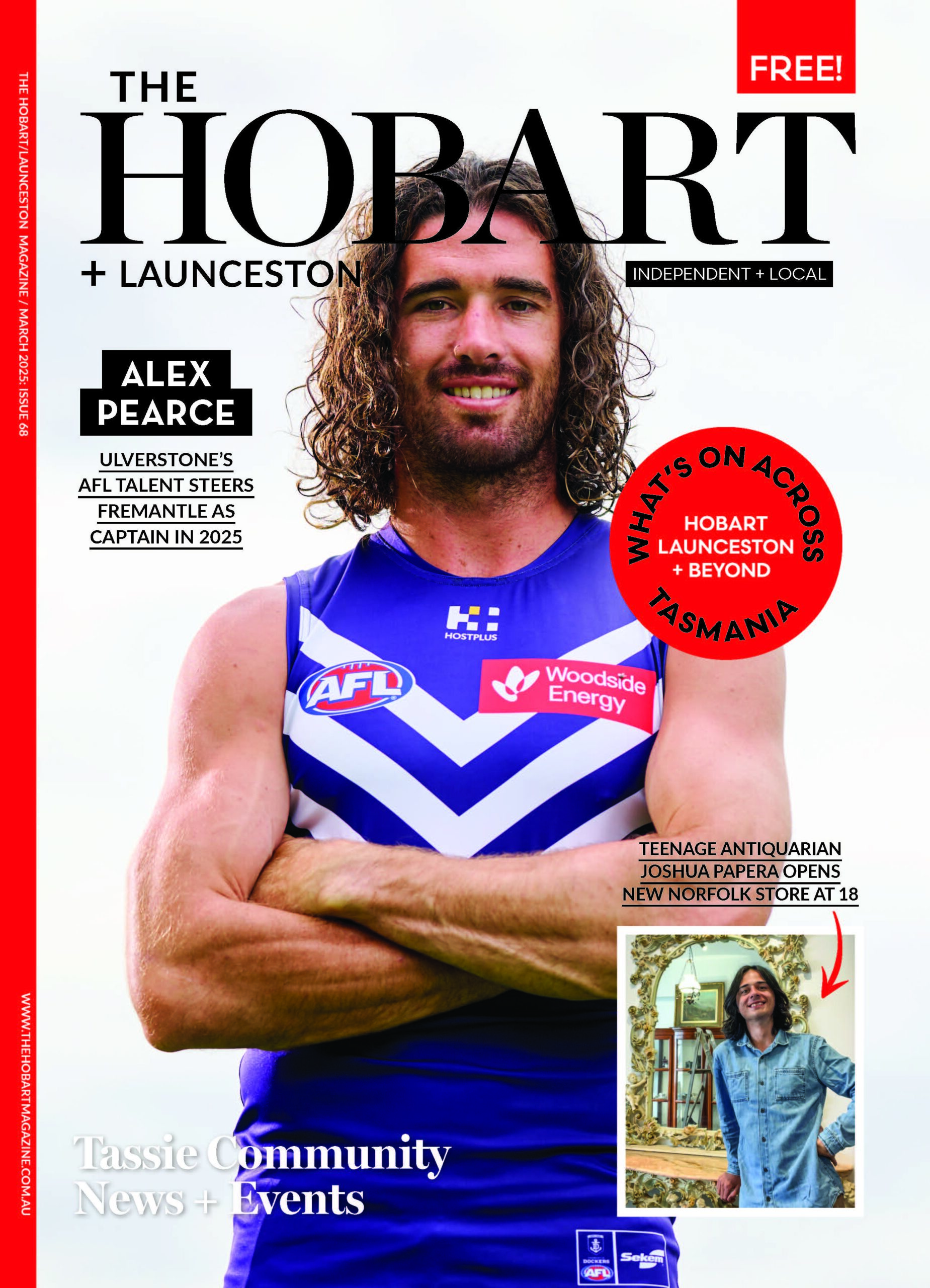Could Empty Hobart Properties be the Solution to Easing the Housing Crisis?
by Stephanie Williams

As principal solicitor with Tenants Union of Tasmania, Ben Bartl works closely with people living with housing stress. The Union, supported by 12 local community organisations, is calling on the Tasmanian government to maximise the use of existing residential premises in inner-city municipalities to help address the current shortage of appropriate and affordable housing.
You shared that data from TasWater found that there were 900 residential properties in the Hobart municipality and 600 in the Glenorchy municipality that sat empty for at least 12 months in 2021. What effect does this have on local housing pressures? Median rents across Tasmania have gone up by $150pw over the last five years. Over the same timeframe, the wait list for social housing has increased from 2962 to 4598 applicants (55%) and the average wait time has more than doubled from 48 to 101 weeks (110%). We need to increase housing supply if we want to see rents drop and a roof over the head of everyone who needs one. In Tasmania, a small increase in supply can have a significant impact where the rental market is as tight as it is. For example, a recent study found that the return of just 113 short stay accommodation properties to the long-term rental market in the Hobart City Council municipality during COVID-19 resulted in a 9 per cent reduction in rents.
A letter was signed by twelve community organisations was sent to the Premier mid February, calling for the State Government to introduce an empty homes levy to encourage investors to return these empty properties to the long-term rental market. What sort of numbers are you proposing and how quickly could this happen? In Vancouver, an empty homes levy has been in place since 2017. The levy has seen a 36% drop in the number of empty homes and more than $115M raised for affordable housing. Using Vancouver as a guide, a 36 per cent drop in vacant properties would see 326 homes in the Hobart City Council municipality, 429 in the Launceston City Council municipality and 219 in the Glenorchy City Council municipality returned to the long-term rental market municipality in the short-term.
If implemented and people choose to pay the levy rather than lease their property, where could that money raised be used? A levy rather than a tax on empty homes means that the revenue raised would be exclusively used to build and acquire more affordable housing rather than a tax where monies raised go into general revenue. Millions of dollars could be raised for new affordable housing. But ideally, no money is raised because investors instead make their investment properties available to longterm tenants.
The government has promised to build and acquire 10,000 new and affordable homes by 2032. How does this levy play into that? We loudly and enthusiastically applaud the Government’s commitment to new, long-term affordable housing supply. But, most of those homes will not be built for another 8, 9 or 10 years. We strongly believe an empty homes levy would make more homes available sooner and relieve housing stress in Tasmania.
2032 is a while away. Is there any other ‘low hanging fruit’ that the government could quickly implement to help people under housing stress right now? The Residential Tenancy Act 1997 (Tas) needs to be reformed so that rent increases are not left to market forces, so that tenants cannot be evicted without a good reason and so that tenants can treat their property as their home by being allowed to have pets or make minor modifications such as hanging pictures on their walls. We also need better regulation of short-stay visitor accommodation. Whilst people should be able to rent out rooms in their principal place of residence (the ‘sharing economy’) we do not believe investors should be able to buy up existing longterm rental properties and turn them into short stay accommodation. Studies have found that more than fifty per cent of short stay accommodation in the Hobart City Council and two-thirds of short-stay accommodation in Launceston City Council used to be long-term rental accommodation.

